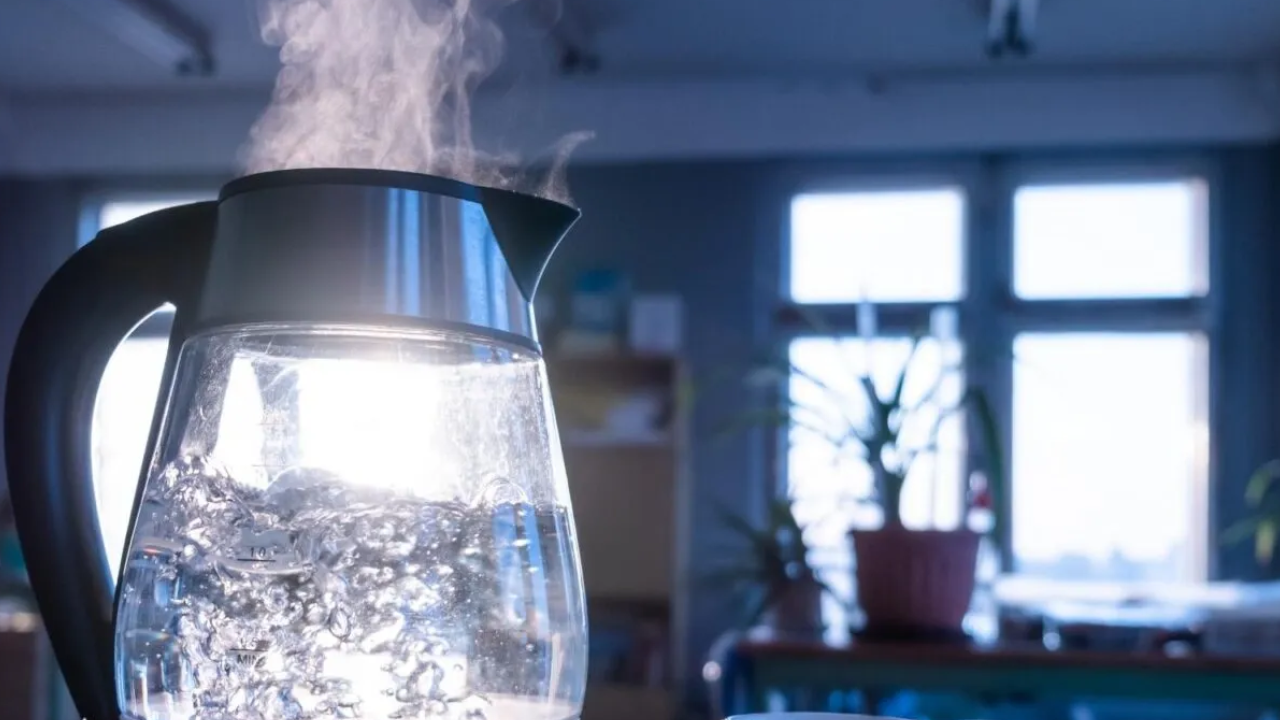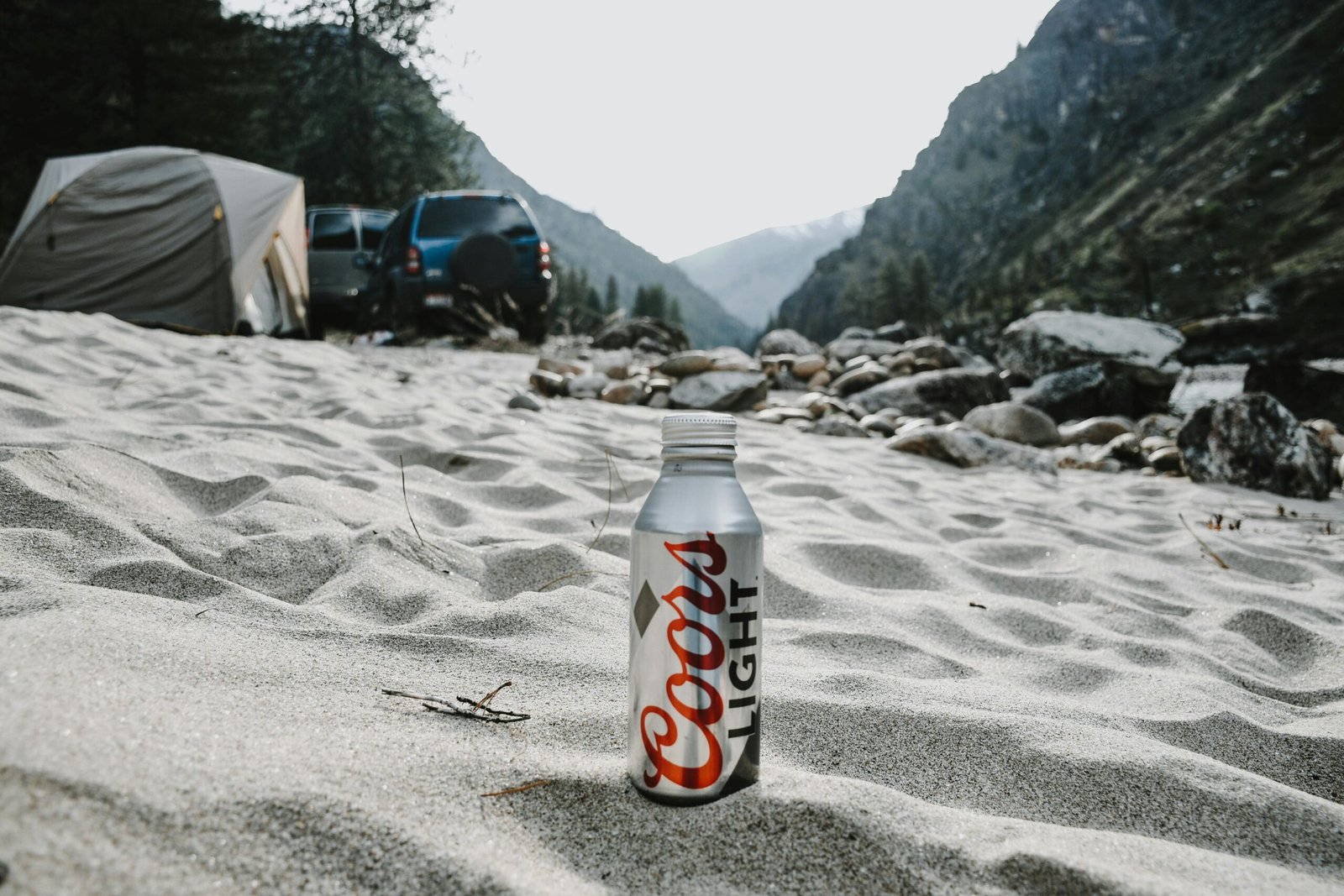A Richmond VA boil water advisory is a critical public health announcement indicating that tap water may be unsafe to drink due to potential contamination. These advisories are typically issued by the Richmond Department of Public Utilities (DPU) or the Virginia Department of Health (VDH) when there is a risk of harmful bacteria, viruses, or other contaminants in the water supply.
In this comprehensive guide, we’ll cover:
✔ Why Richmond VA boil water advisory is issued.
✔ Who is affected by these notices?
✔ Step-by-step safety measures during an advisory
✔ How long boil water advisories typically last
✔ What to do after an advisory is lifted
✔ How to stay informed about water alerts in Richmond
Why Are Richmond VA Boil Water Advisory is Issued?
Boil water advisories are precautionary measures to protect residents from waterborne illnesses. Common reasons include:
1. Water Main Breaks
Richmond’s aging infrastructure sometimes leads to pipe ruptures, allowing dirt and bacteria to enter the water supply.
2. Loss of Water Pressure
A drop in water pressure (from repairs or system failures) can allow contaminants to seep into pipes.
3. Treatment System Failures
If a water treatment plant experiences mechanical issues or power outages, filtration and disinfection may be compromised.
4. Natural Disasters & Flooding
Heavy storms or flooding can overwhelm drainage systems, leading to sewage backups and contamination risks.
Who Is Affected by a Richmond VA Boil Water Advisory?
Advisories may be issued for:
- Specific neighborhoods (e.g., Church Hill, The Fan, Jackson Ward)
- Entire sections of the city (if a major treatment plant is impacted)
- Businesses, schools, and hospitals (which must follow strict safety protocols)
Residents should check official announcements to confirm if their area is included.
What Should You Do During a Boil Water Advisory?
✅ Water You MUST Boil Before Use
- Drinking & cooking (including coffee, tea, and food prep)
- Brushing teeth
- Washing fruits/vegetables
- Making baby formula
- Pet drinking water
How to Properly Boil Water:
- Fill a pot with cold tap water.
- Bring to a rolling boil for at least 1 minute (3 minutes at higher elevations).
- Let it cool before storing in a clean, covered container.
🚫 What to Avoid During an Advisory
- Drinking straight from the tap
- Using unfiltered ice from fridge dispensers
- Using tap water in neti pots or medical devices
🚿 Can You Shower or Wash Dishes?
- Showering is safe (avoid swallowing water).
- Handwashing (use soap + boiled or bottled water if possible).
- Dishwashers (if they have a sanitizing cycle).
How Long Do Richmond Boil Water Advisories Last?
Most advisories last 24–48 hours, depending on:
🔹 Test results (water samples must confirm safety)
🔹 Repair completion time (for broken mains or treatment issues)
The Richmond DPU will issue an official notice when the advisory is lifted.
What to Do AFTER the Advisory is Lifted
- Flush Your Pipes
- Run cold water for 5–10 minutes to clear stagnant water.
- Discard any ice made during the advisory.
- Clean Appliances
- Empty and sanitize fridge water dispensers & coffee makers.
- Replace water filter cartridges if applicable.
- Check for Updates
- Even after lifting, monitor for any follow-up notices.
How to Stay Informed About Richmond VA Water Alerts
- Richmond DPU Website (www.rva.gov/public-utilities)
- Notify RVA Emergency Alerts (sign up at www.rva.gov/notify-rva)
- Local News Stations (NBC12, WRIC, CBS 6)
- Social Media (@RichmondDPU on Twitter & Facebook)
FAQ: Richmond VA Boil Water Advisory
Q: Can I use my Brita filter during a boil water notice?
A: No, standard filters do not remove bacteria—boiling is required.
Q: Are restaurants closed during an advisory?
A: Some may switch to bottled water or close temporarily if they can’t boil enough water.
Q: What illnesses can contaminated water cause?
A: E. coli, norovirus, and giardia are common risks.
Final Thoughts
A Richmond VA boil water advisory is a temporary but serious measure to ensure public safety. By following proper boiling techniques, avoiding unsafe water use, and staying updated through official channels, residents can protect themselves and their families.






